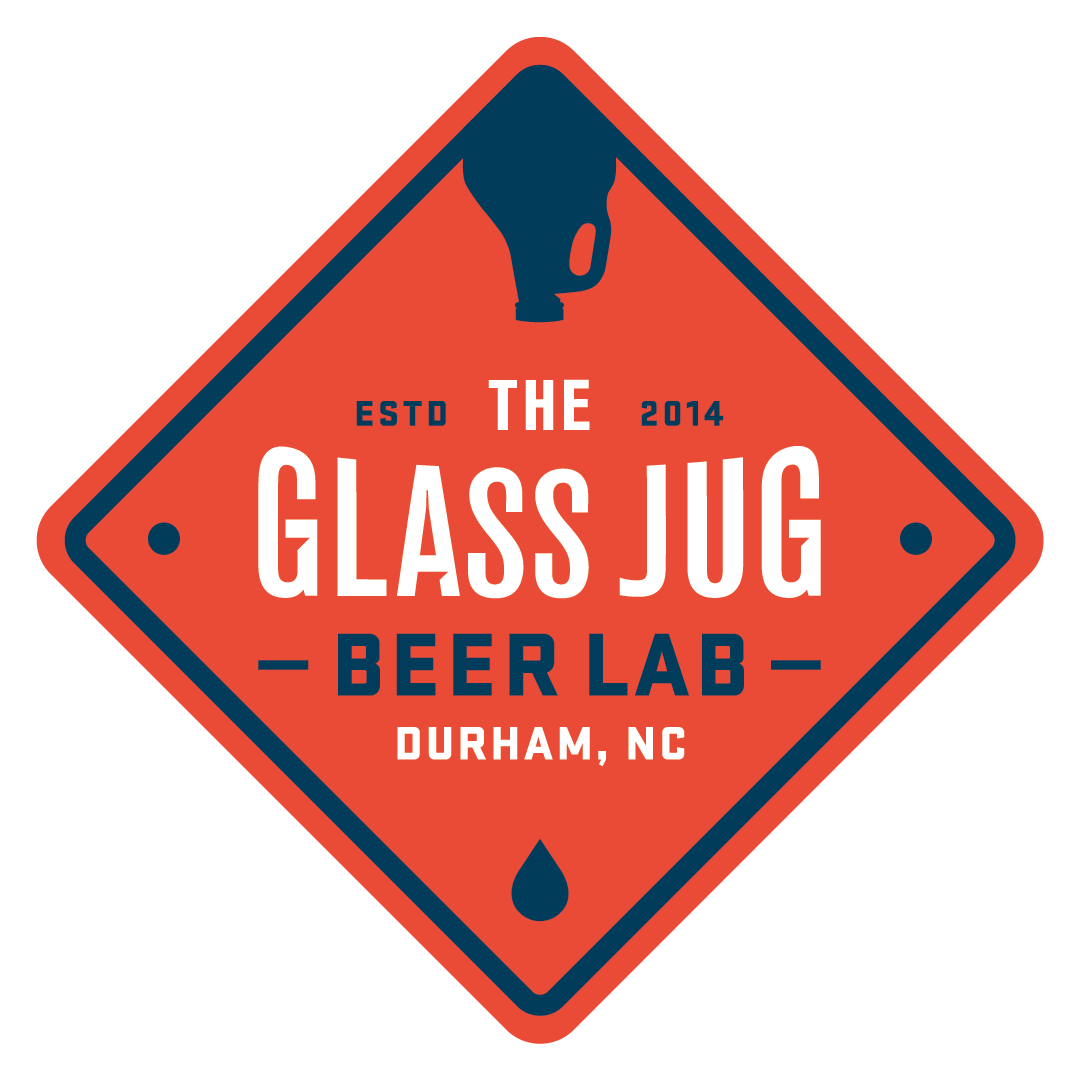In planning out the store, we knew we wanted to have a good selection of beer on draft and available to fill growlers via our counter-pressure filling system, but we had to make a decision as to how many different beers we wanted to offer at any given time. I would be lying to you if I said cost didn't play a factor in deciding on how many taps to install, but that is far from the only reason. We didn't want to open up with 40, 50, or 100 taps, even if we had the space and the money to do so. This may seem counter-intuitive to some, as our American mindset tells us that more is always better. But in this case, we didn't think so.
Five Reasons Why Fewer Taps Are Better
(Yeah, we're doing this list-style. Full-on lazy journalism at it's finest, right?)
Let's start with a caveat - I don't mean to suggest that having only one or two taps is best... you'd miss out on variety. This logic only applies when comparing a relative few taps (10-20) to a large number of taps (30+). In addition, please don't think we're saying everything on this list applies to all bars with a lot of taps. There are certainly exceptions, but this is what made sense for our specific situation and why we made the choice we did.
- Beer stays fresh. Because there are only 16 taps, we will move through beer more quickly, so you know whenever you sit down for a pint, you are getting a product served at the height of it's freshness.
- More variety over time. This may seem counter-intuitive, because 40 taps is definitely more variety than 16. However, our beers will be rotating much faster, so each time you come into the store, you're likely going to see a whole new lineup of beers than what you saw last time.
- New brands on tap sooner. Since our taps rotate quickly, whenever a brewery introduces a new beer or a seasonal/limited release, we'll be able to get it on tap faster, enabling us to be one of the first places in town to tap your favorite special-release beer.
- Builds brewery relationships. Breweries don't like to sell a single keg and then watch it set on tap for 2 months. They would rather you turn over their product faster, so that you can order more, which is exactly what we'll be doing. Sure, we're limited to only 16 breweries at any given time, but we're hoping to build stronger relationships with them, since we're turning over their kegs faster.
- Variety without overwhelming. This is a something we've spent a lot of time thinking about in every aspect of our store. In fact, you could probably say we've occasionally obsessed over it. We want you to be able to come in, enjoy a relaxed atmosphere, and have a good beer without the overstimulating affair of sorting through a tap list of 30+ beers you could buy at the grocery store, hunting for the few things you are interested in trying. Having sixteen taps gives us the flexibility to have a variety of styles and feature beers that are, for the most part, not easily available in cans or bottles. (And don't worry...we'll have cans and bottles, too, so you can still get your old favorites.)
At the end of the day, our choice of 16 taps was a purposeful one, but it was still just an educated guess. Down the road, we may realize we need to add more taps to keep up with demand. Or, we may realize 16 was too many. But, I think we're at a good starting point, and only time will tell if we made the right decision.
Now it's time to start procuring some delicious beers to start flowing through those draft lines (suggestions always welcome)!


